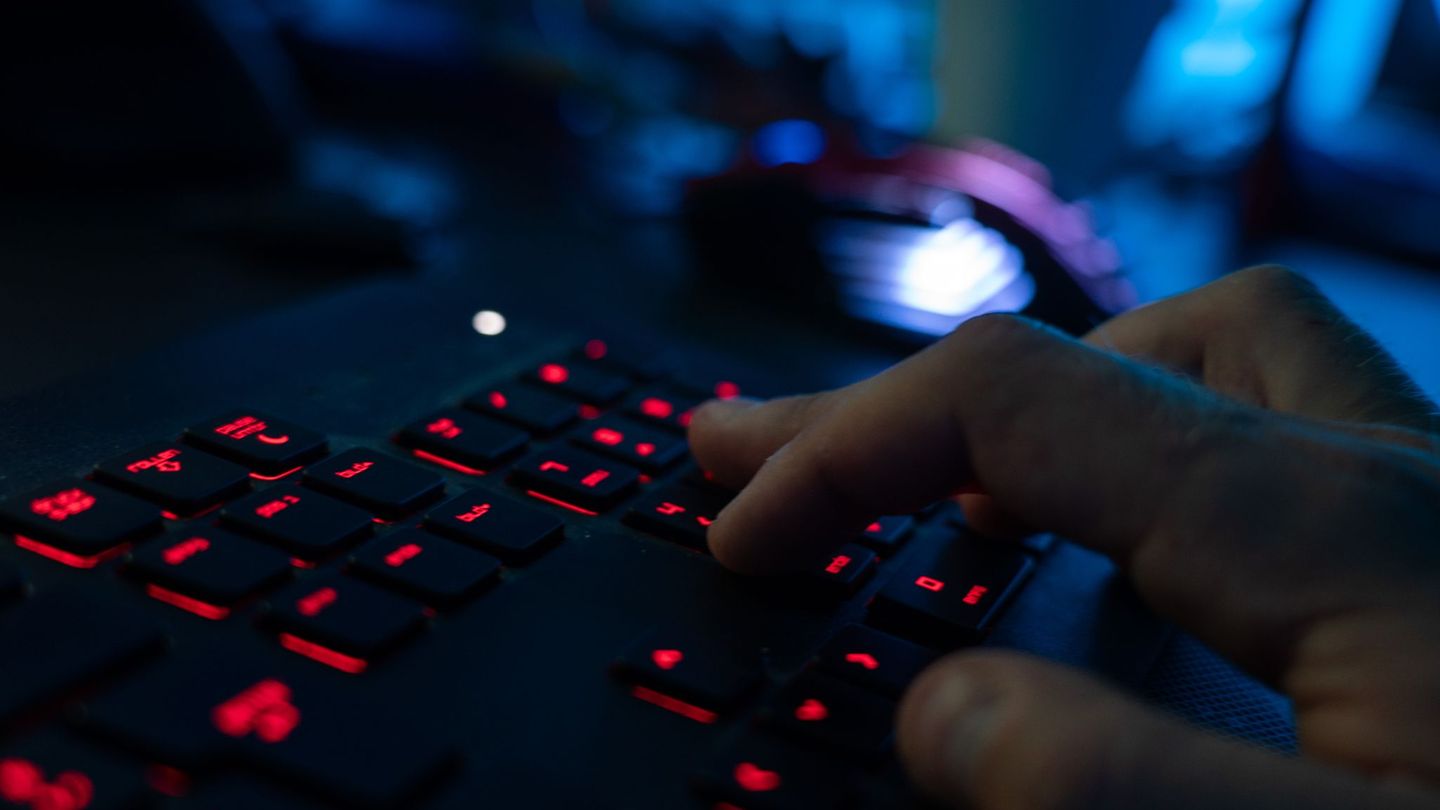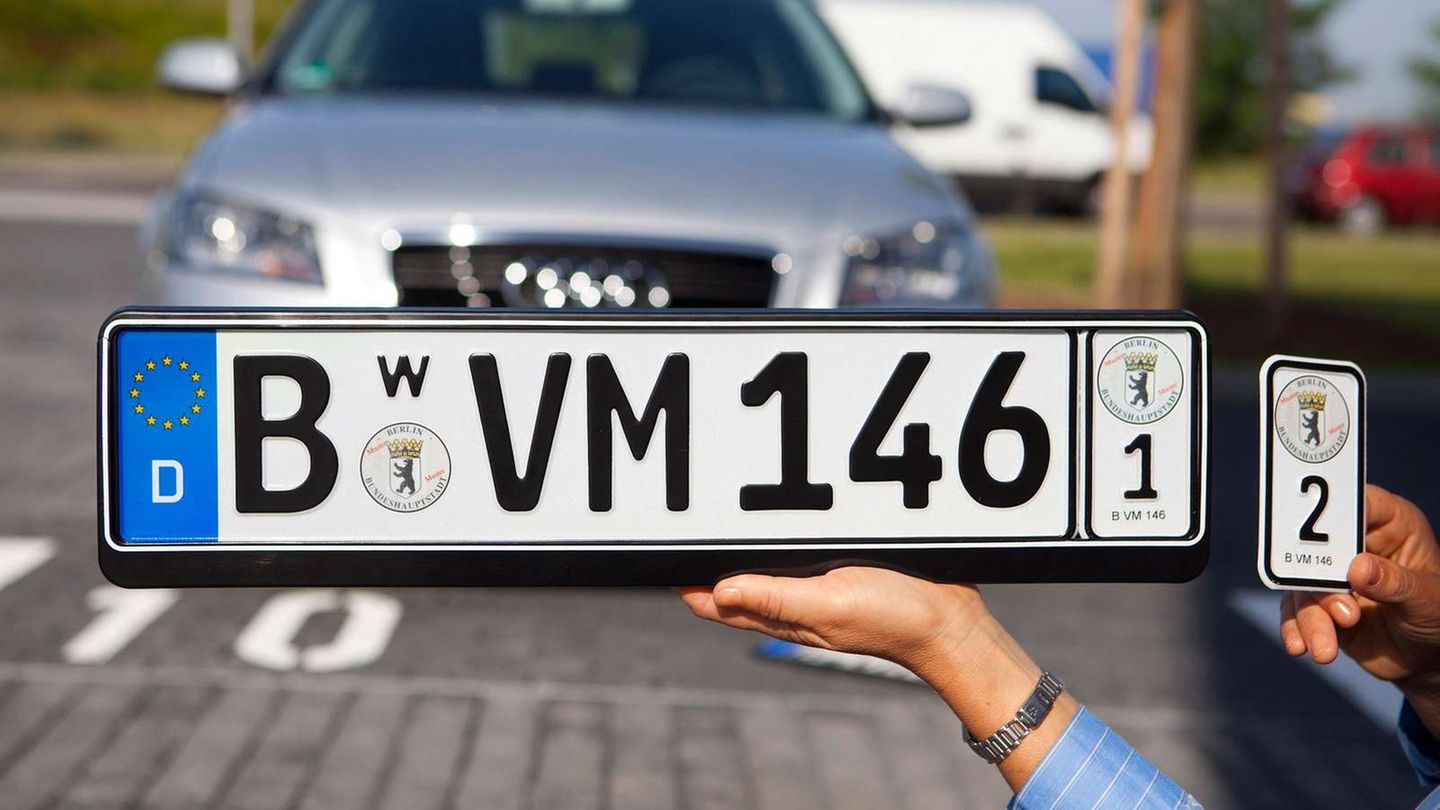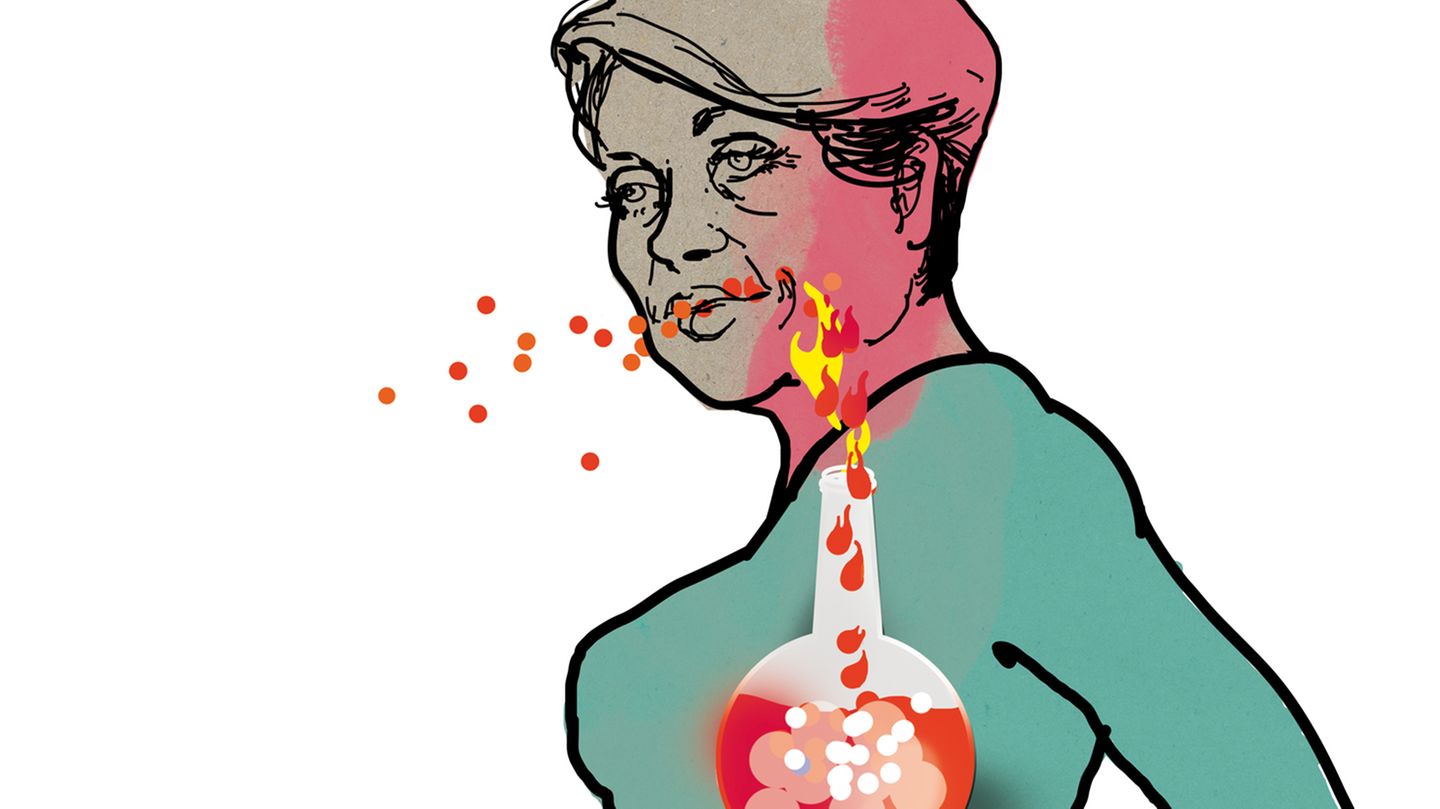(By Victoria Prim) The meeting held this week by the North Korean leader, Kim Jong-un, and the president of Russia, Vladimir Putin, in the extreme east of the latter country constituted a “significant” gesture of strength, collaboration and unity between neighboring nations and a symbolic challenge to US warnings, beyond the absence of concrete announcements, an analyst told Télam.
“It was clear that the meeting would arouse reactions, that is why the fact that Kim’s first post-pandemic trip to Russia has been made known is significant,” Federico Merke, associate professor at the University of San Andrés and director, warned Télam. of the Master’s Degree in International Politics and Economics.
This week was Kim’s second trip to Russia in four years and his first abroad since the coronavirus pandemic, which makes this meeting “so significant,” Merke noted.
Kim arrived in the Russian far east aboard a private, armored train, just as he did in April 2019, when he met the Russian president for the first time in Vladivostok, and accompanied by an important entourage of military officers.
This time, the meeting was at the Vostochny cosmodrome, in the Amur province.
Suspicions of the meeting had been flying over the corridors of the White House for a week and fueled Washington’s fear of a possible arms agreement between both countries, which would involve the supply of North Korean munitions to be used by Moscow in Ukraine in exchange for space development. Russian, after Pyongyang twice failed to launch a military spy satellite into orbit.
With this perspective in hand, the United States warned Moscow and Pyongyang of new sanctions.
“What was agreed could have been done keeping a low profile, but it seems clear that both leaders wanted to make this relationship visible to signal that they can resist the sanctions and isolation imposed by the global north” and continue to carry out their agendas, Merke explained.
Likewise, for the analyst, having made the meeting public not only demonstrates the strength and resistance of these two increasingly isolated leaders, but also implies that the meeting took place with the approval of China and its subsequent support.
“China does not take a dim view of Putin and Kim getting together, condemning the West, doing some bartering and returning home,” Merke remarked, but warned that “for more strategic matters, Putin will surely have to go through the approval of Beijing”.
In Vostochny, Kim arrived on Wednesday in a Russian-made Aurus limousine.
There, he toasted Putin and assured that Russia “has stood up in defense of its national sovereignty and security to confront the hegemonic forces that oppose it,” in reference to the United States and Western powers, and predicted a victory over ” their enemies”, a direct nod to the war in Ukraine, but without explicitly mentioning the war conflict.
The encounter was a performative dance, choreographed down to the last detail. The choice of location was not accidental either.
International analysts said the fact that the meeting was at Russia’s spaceport was a provocative gesture, as it would suggest that Putin could offer satellite launch technology to North Korea, which violates sanctions.
In fact, Putin expressed his willingness to help North Korea in the development of its space and satellite program.
“The leader of North Korea shows great interest in space, in rockets. We will show him our new objects,” said the president of Russia, the world leader in nuclear missiles for decades.
Putin’s words sparked concern among international leaders who believe that, with access to Russian technology, North Korea will gain a great boost to its nuclear programs.
“Putin knows that helping Kim with nuclear technology – for example, for nuclear submarines – or space, not only helps North Korea, but also irritates the United States, by increasing the chances of altering the balance of power on the peninsula. “I think this is sufficient cause for concern for the Biden Government,” Merke remarked.
Analysts agree that, in exchange, Pyongyang would deliver much-needed ammunition to Moscow, which Russia would use in Ukraine, which in these 18 months has received considerable contributions in weapons and drones from Washington and NATO member countries.
“Both leaders are isolated and sanctioned and need to find ways to support each other based on what each can offer the other,” Merke said.
“North Korea needs everything, from food to satellite or nuclear technology. This year, North Korea failed twice to place satellites in space and for this it needs Russian collaboration,” the Argentine specialist told Télam.
For Merke, “Kim has more to gain than Putin, because the asymmetry of levels of technological development clearly plays in Russia’s favor.”
“However, Moscow desperately needs ammunition and would rather take the risk of having poor quality ammunition than having none at all,” he added.
In any case, since there are no details about possible agreements between Russia and North Korea, these are only speculations.
If what both countries are negotiating is the exchange of technological development and the supply of ammunition, this would represent the entry of North Korea as Russia’s backup in the war with Ukraine, in the same way that the United States and NATO members They provide aid to Kiev.
The associate professor at the University of San Andrés does not see “imminent risks” in this, although “he does see Russia’s interest in taking over North Korea’s ammunition reserves.”
“In Putin’s perception, the war in Ukraine will be a long war and for that he needs Kim’s collaboration,” he said.
Source: Ambito




